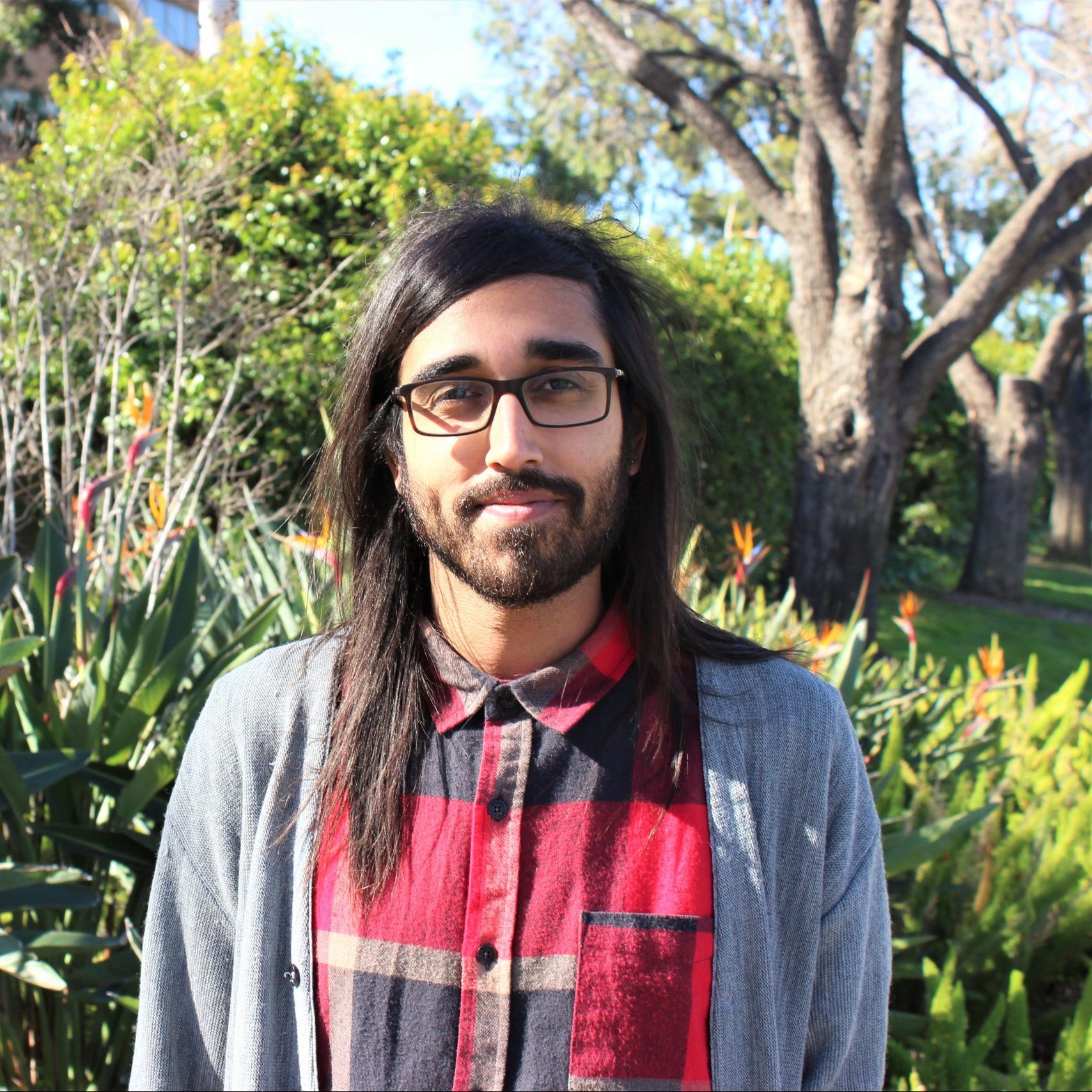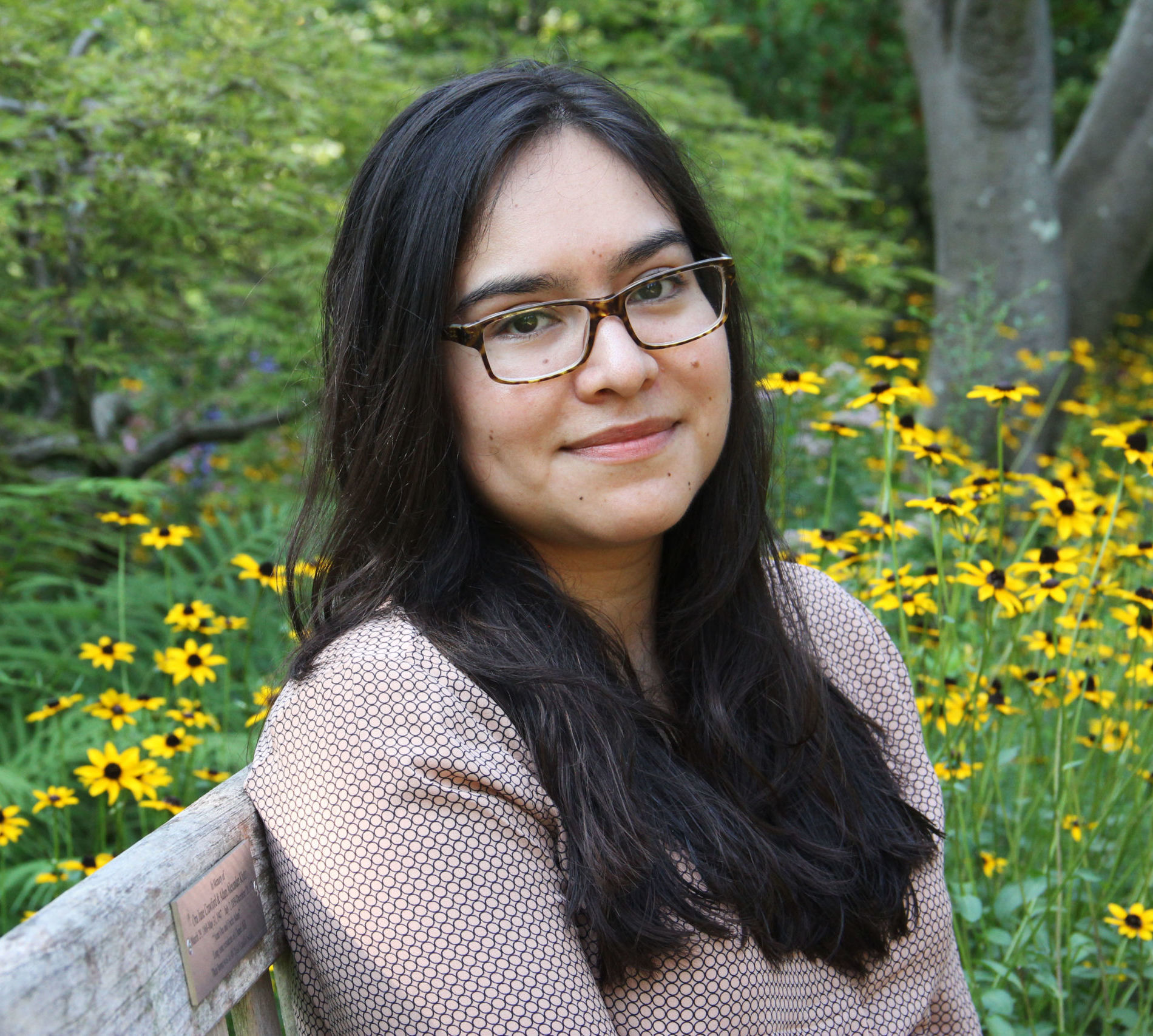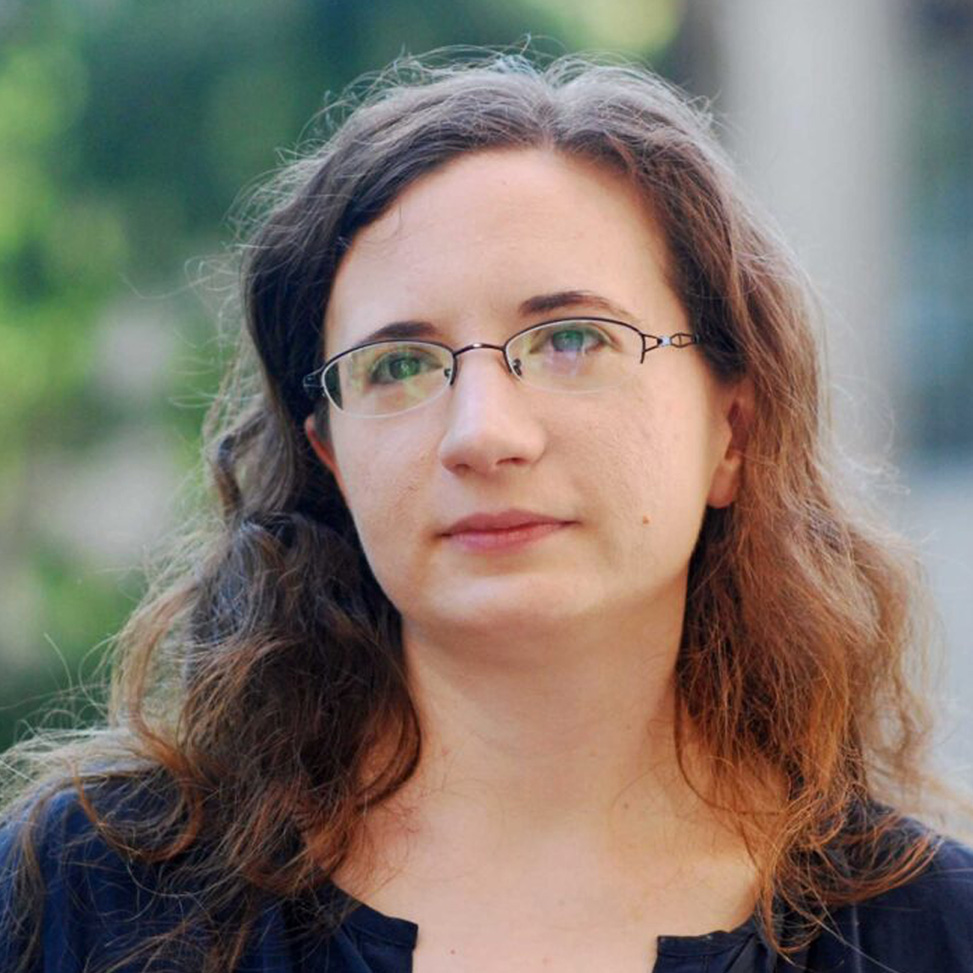French Graduate
PhD in French and Francophone Studies
The Graduate Program in French and Francophone Studies at the University of North Carolina, Chapel Hill trains scholars and teachers in the analysis of the literature and culture of the Francophone world. The program offers a full graduate curriculum in all periods of French literature from the Middle Ages to the twenty-first century, in the literature of many French-speaking geographical regions, in cinema, and in literary, cultural, and social theory. Faculty members offer graduate seminars stemming from their own research on topics that include early modern poetry and poetics, the literature and culture of Québec, the seventeenth-century novel, theater and performance, nineteenth-century literature and culture, colonial and postcolonial studies, contemporary theory, Francophone Asia, Franco-Arab studies, the cinema of the Nouvelle Vague, and gender and sexuality studies. All courses involve a variety of approaches by which graduate students receive a thoroughly rounded, globally oriented education through the doctoral level.
The transdisciplinary and transcultural orientation of the Program in French and Francophone Studies is reflected in its close ties with other units on the UNC campus, such as the Center for European Studies, the Program in Medieval and Early Modern Studies, the Department of Asian Studies, the Program in Comparative Literature, and the Program in Sexuality Studies. PhD students are encouraged to take classes in these and other areas as a complement to their coursework in French and Francophone Studies. Enhancing the graduate experience at UNC is nearby Duke University, which also has a highly dynamic graduate program in French as well as many other fields; the two institutions have long had a policy allowing graduate students at each to take courses at the other. In addition, UNC graduate students have opportunities to work and study in a Francophone environment through programs in Montpellier, Paris, and Montreal.
As part of their professional training, all graduate students in French and Francophone Studies teach a variety of courses, including all levels of language instruction, conversation and composition, and introduction to literature. In their first year, students take a seminar in language pedagogy designed to build their abilities and qualifications as teachers.
Program Details
Following the pattern for the PhD in the Department of Romance Studies, the PhD in French and Francophone Studies entails the following specifics.
Graduate students in French and Francophone Studies are expected to acquire a broad knowledge of all periods of French and Francophone literature, well distributed throughout the following areas:
- Medieval
- Renaissance
- 17th century
- 18th and 19th centuries
- 20th and 21st centuries, including Francophone studies
Students should take at least two courses concentrating on material from before 1700 and at least two courses focused on material from after 1700. In consultation with the Graduate Advisor, doctoral students may enroll in a maximum of one course per year outside the department in areas related to their interests. In the event that there are not enough courses offered in the department to fill a student’s schedule in a given semester, the Graduate Advisor may authorize one additional course outside the department. Beyond the basic coursework, doctoral students may want to take supplementary classes to strengthen their preparation for the research paper, the qualifying exams, or the written comprehensive examination, to lay the groundwork for the dissertation, or to develop a wider range of teaching fields. As interdisciplinary studies may be appropriate to some research projects and career plans, a supporting program of three courses (nine credit hours) may be part of the PhD program.
For students applying to the doctoral program with the MA in hand, appropriate placement and course transfer will be determined on a case-by-case basis by the Director of Graduate Studies (DGS) in consultation with the Graduate Advisors. The Department may transfer up to four courses (12 credits) into the PhD program and in very exceptional cases up to nine (27 credits). For these students transferring a total of nine courses (27 credits), the research paper, and the second-year qualifying exams are waived. All students must meet the Graduate School’s minimum residency requirement of four semesters of full-time registration.
Please click here for information on the “old program” (for students who began in 2014 or earlier).
In the second week of the spring semester of their second year, graduate students take their qualfying exams. To prepare for the exam, students should read all works on the Qualifying Exam Reading List (formerly called the MA Reading List). In taking the exam, students will answer one question out of a choice of two in each of the three following divisions:
- Medieval to 17th century
- 18th and 19th centuries
- 20th and 21st centuries including Francophonie
For each division, students will receive two questions from which they will select one; they must answer a total of three questions, one for each period. The faculty who specialize in these periods will write the questions, which address works on the reading list and involve approaches to them that are typically discussed in graduate courses. Students should answer at least one of the three questions in French and at least one in English. The exam is taken at home, and students will receive the three pairs of questions on three different days, usually a Tuesday, the following Thursday, and the following Tuesday. No reference material or notes may be used for the exam. Students must submit their answers to the questions electronically within three hours of receiving them.
Each question will be graded as S (Satisfactory) or U (Unsatisfactory), but in exceptional cases, graders may award an H (High Pass). Students who receive a U on any one of the questions of their PhD qualifying exam may retake this part of the exam after an interval of at least three months.
The research paper should be 5,000-7,000 words of text, exclusive of endnotes and works cited. All research papers must follow MLA style and conform to the Graduate School’s Guide to Theses and Dissertations.
At the beginning of the student’s second year, he or she should approach a member of the faculty to serve as the research paper advisor. In consultation with the advisor, the student selects two additional members of the Romance Languages faculty to serve on the Research Paper Committee. Once they have agreed, the candidate should submit all three names to the Director of Graduate Studies, who will officially appoint the committee and notify those involved, including the Graduate Student Services Manager. The advisor and the two readers will approve the research paper once they deem it ready. The research paper is normally finished in the Spring semester of the second year. The approved version should be submitted electronically to the Graduate Student Services Manager no later than the last day of classes. The research paper is a thesis substitute, not a thesis, so it does not need to be received by the Graduate School by the April deadline for theses.
Once graduate students have completed all of their second-year requirements, they will have the option of requesting an MA if they choose not to continue to the PhD or if they just wish to have the diploma.
When students have completed all coursework for the PhD, they are expected to prepare for dissertation research. The first step is compiling a bibliography that reflects a student’s interest in the area she or he has chosen for the dissertation. According to his or her research interest, the student selects an advisor as well as two other faculty members to form the exam committee. In consultation with the committee, the student prepares the bibliography; once the committee approves the bibliography, the student studies for the written exam. Each of the three committee members proposes two questions for the exam. The student completes the exam as a take-home over a weekend, answering one question from each of the three committee members. The exam should be taken a minimum of three calendar months after the committee approves the bibliography, but no later than the third week of November in the fall semester and the second week of April in the spring semester. Exams are not given over holiday weekends.
Students may not petition to take written exams at times other than those assigned for all graduate students. Registration is required during the semester(s) in which written exams are taken.
The written examination will take place over a weekend (exam emailed to student by 3:00 pm on Friday and returned to the Graduate Student Services Manager by 9:00 am on Monday). Grades are S (Satisfactory) or U (Unsatisfactory). In exceptional cases, professors may award H (High Pass). Students who receive up to two Us may repeat the exam after an interval of three months. Students may not ask to take written examinations at times other than those assigned by the Department. Registration in the university, typically for Thesis Credit, is required during the semester in which written exams are taken.
Upon completing the written exam, the student writes the dissertation prospectus, which outlines the dissertation topic and proposed research. In this phase of the program, the student chooses two other faculty members to complete the dissertation committee, who may be from outside the program or from another institution. Before this committee of five, the student defends the prospectus.
The last step in the PhD program is the dissertation, which involves extensive, in-depth original research. When the student successfully defends the dissertation and submits it in final form to the Graduate School, he or she will be granted the PhD.
For guidelines on preparing and submitting the final text of the dissertation, please see the Graduate School’s Guide to Theses and Dissertations. Students should also consult the Graduate School Handbook to be sure of meeting all degree requirements prior to working on and submitting the dissertation.
Meet the Graduate French Faculty
Affiliated Faculty
Donald M. Reid
(PhD, Stanford University)
Professor of History
19th and 20th century French history, cultural studies, labor history
What Our Students are Saying

Che Sokol
French
Current Graduate Student
“
My experience as an exchange instructor at Université Paul Valéry in Montpellier, France has not only improved my French language fluency and given me teaching experience in a different education system, but also helped me foster academic relationships. Through this opportunity, I’ve been able to attend Mediterranean film festivals, access scholarly archives, and make social connections that have reinvigorated my research. The mentorship and support of ROMS faculty and administration has been integral to my development as a teacher and researcher.“







